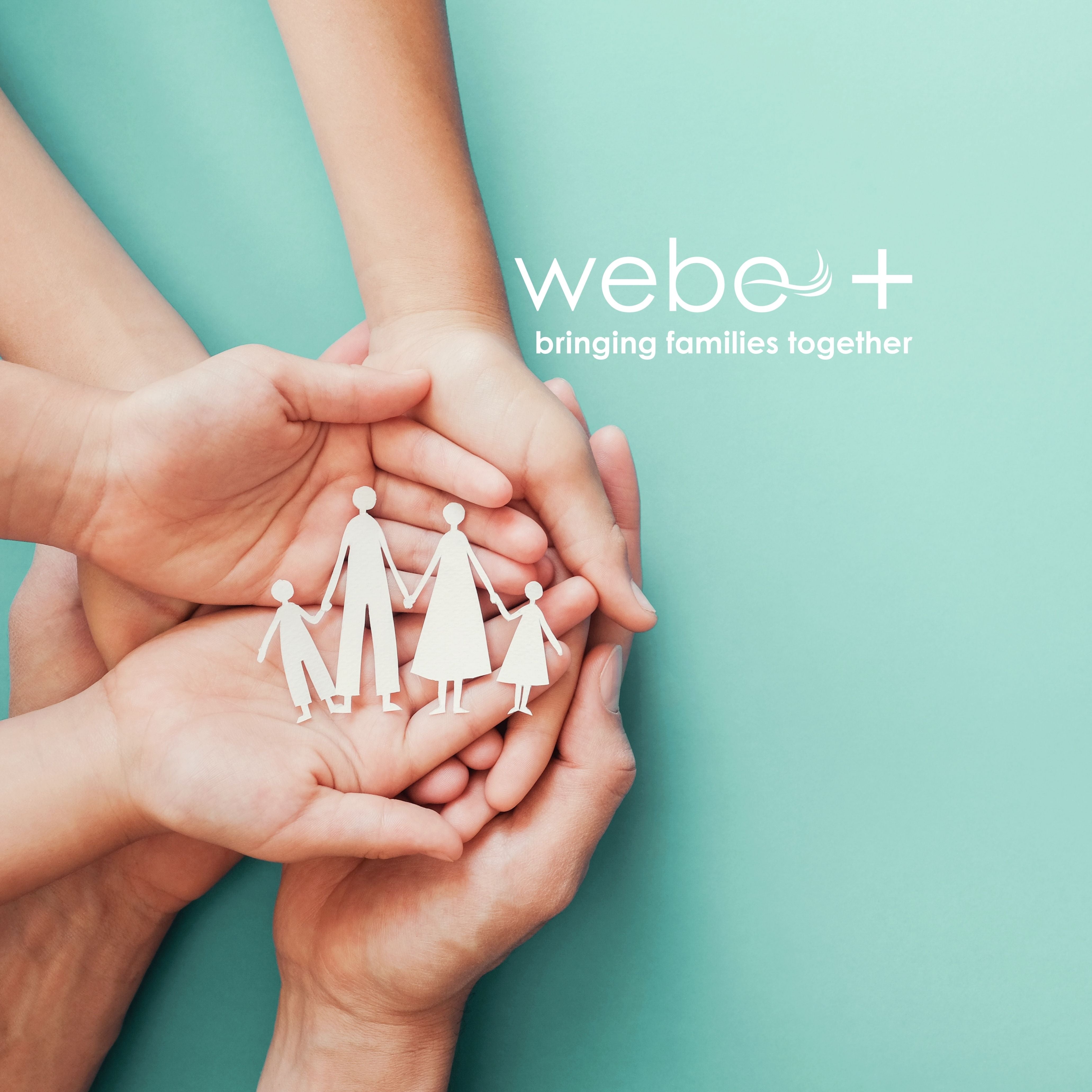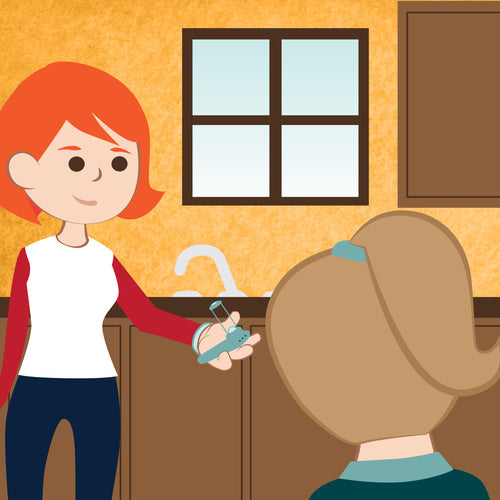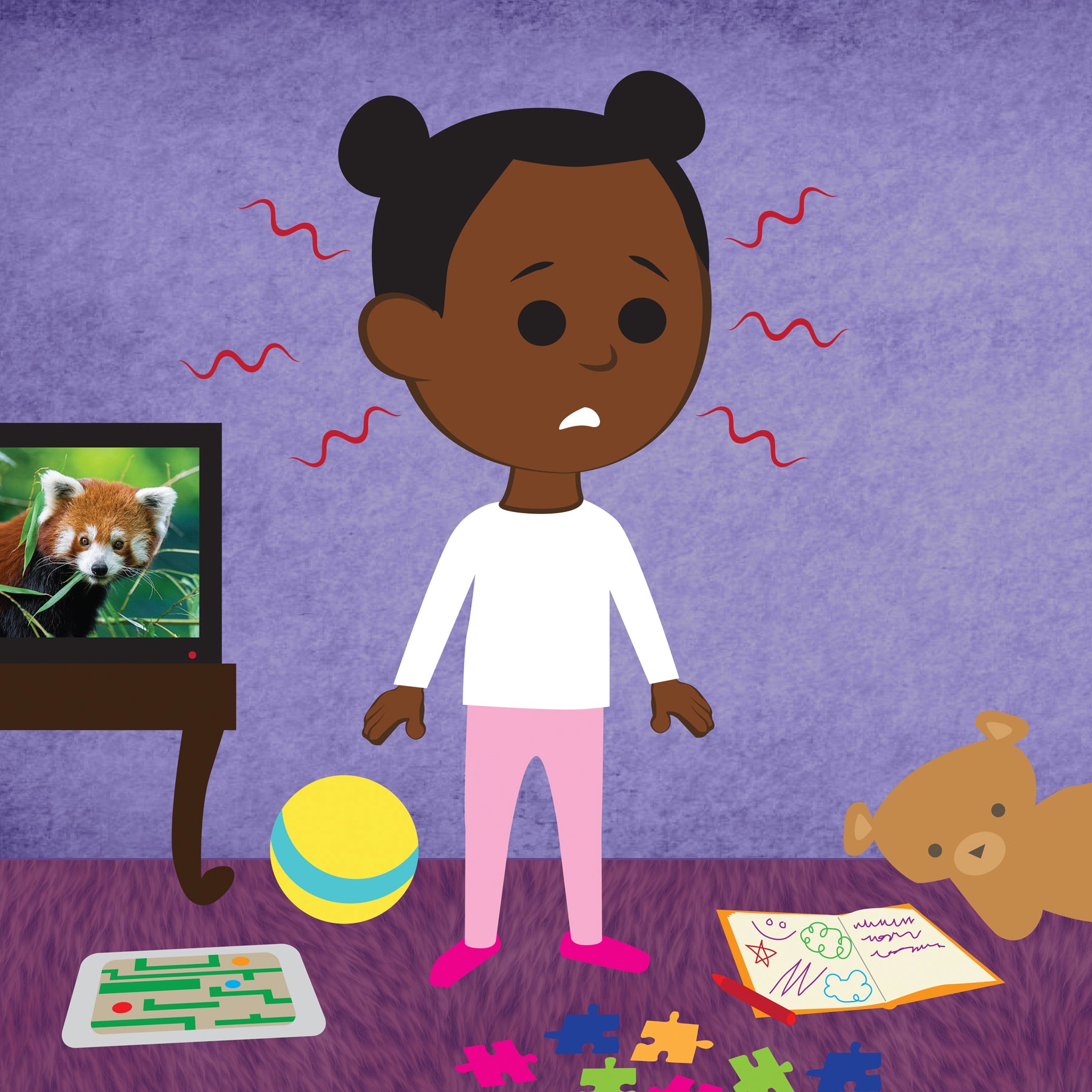My child immediately overreacts and goes on the defensive when I question her about how quickly her homework is done. I know from her teacher that her homework is regularly incomplete, but she gets so upset I don’t know how to help her hear me!
Tacy R.
Dear Tacy,
It sounds like when you see homework being done quicker than you would imagine it would take to complete it and then you hear from the teacher that it is incomplete you feel concerned, frustrated, and maybe even confused by your daughter’s reaction to your question. I also hear how much you want to be connected and in harmony with your child and that it is painful for you when she reacts with defensiveness and upset.
The first step is to get clear on your intention. We tell people to W.A.I.T. before you say anything. W.A.I.T. stands for Why Am I Talking. What are your goals? Are you trying to be right or to educate or are you trying to connect? If you are valuing connection above anything else then it is extremely beneficial to regulate your body through breathing and self-connection.
Once you have regulated your body and are feeling calm and less reactive (you know you are reactive if you feel urgency to get your way or address the situation right now), then you can approach your child with empathy. Your child has their own needs that are stimulating their feelings of upset. Maybe your child finds homework boring? Maybe they don’t understand the value of doing homework and how this is going to contribute to them? Maybe they want to focus on self-care, not more schoolwork after having just done schoolwork for the last 7 hours of their day? Maybe they want to be able to choose what work they do and deal with the consequences themself without having to do what you want them to do?
You don’t have to agree with your child but if you want to connect, then trying to understand their perspective will go a long way towards building trust and a sense of care. When you empathize, you are saying that you understand their world and care about it even if given the choice you would respond to the same situation differently.
This process meets their need to feel heard, understood, and build trust that their needs matter too. For most children these needs are not met by their parents and the story in their head is that their parents only care about their own needs and ways of doing things. In other words, they believe all you care about is getting them to do what you want them to do regardless of whether it works for them. Imagine being on the other end of that and you can begin to see why they get so upset and defensive.
At the same time, taking a Collaborative NON-Permissive Parenting approach means we need to care about their needs while ALSO caring about yours. As parents we can choose to start with their needs (to be heard and understood, to matter, to have choice, etc) first and trust that we will eventually get to our needs too (cooperation, shared reality, competency, peace of mind, etc). So going forward, maybe you explain that you would like to work as a team around both your child’s needs and your needs. As you go, remember that there are many ways to meet needs and through a collaborative approach you are more likely to arrive at a strategy that works for both of you (for example a mutual agreement on time and attention given to homework, a proposal to share with the teacher on doing homework differently, getting help for more challenging homework, etc).
From one parent doing the best they can to another, webe in this together!
Best wishes,
webe












Leave a comment
All comments are moderated before being published.
This site is protected by hCaptcha and the hCaptcha Privacy Policy and Terms of Service apply.